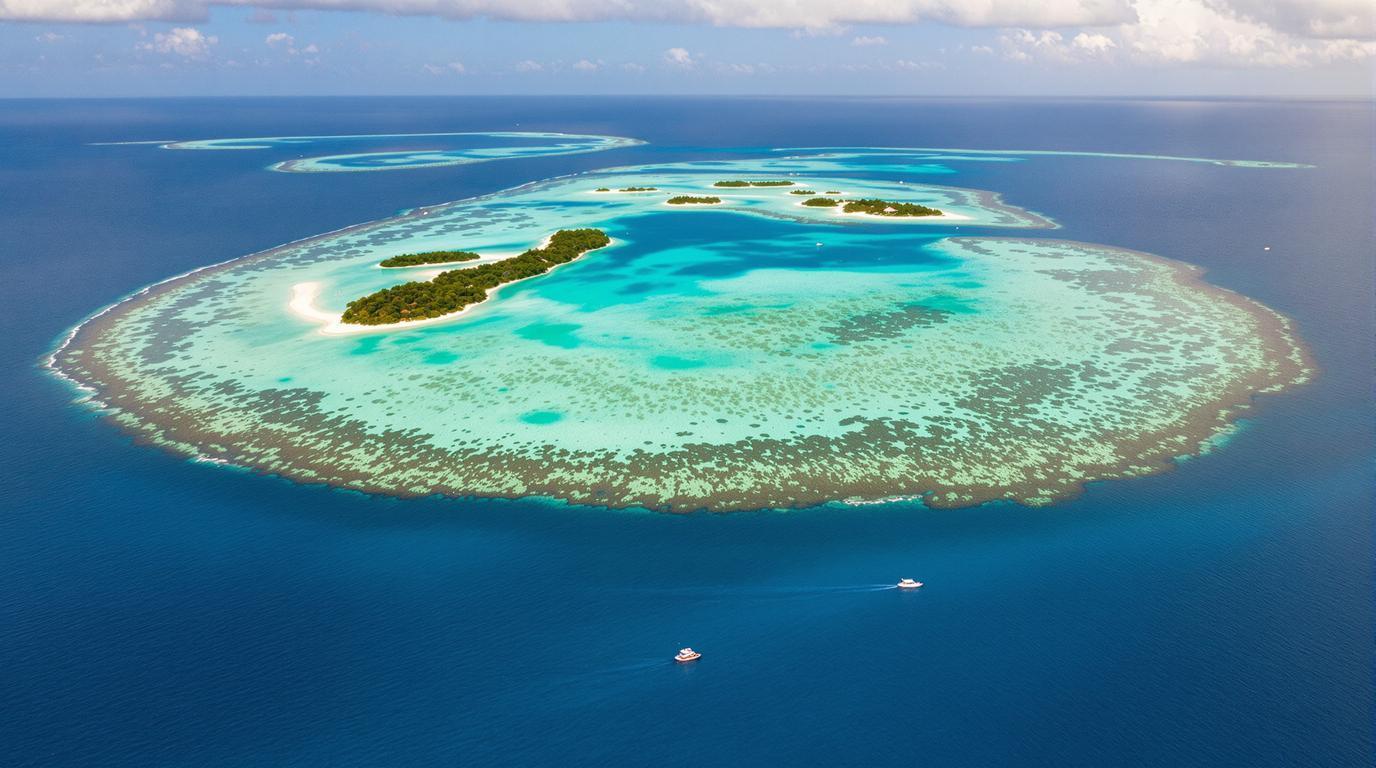The pristine waters of Los Roques shimmer like scattered diamonds across the Caribbean Sea, but the 1,500 residents who call this Venezuelan archipelago home aren’t celebrating its growing recognition. As tourism pressures mount on their delicate ecosystem of 350+ coral islands, locals are implementing increasingly protective measures to preserve what many consider the last authentic fishing paradise in the Caribbean.
Unlike the resort-dominated islands that welcome millions annually, Los Roques operates under a fundamentally different philosophy. The community actively resists mass tourism development, viewing their role as guardians of an irreplaceable marine sanctuary rather than hosts to unlimited visitors.
This tension between preservation and discovery has created one of the Caribbean’s most fascinating cultural dynamics, where environmental protection and traditional fishing life take precedence over tourism revenue.
The environmental restrictions locals fiercely defend
Controlled access that prioritizes marine preservation
Los Roques functions as a Controlled Access National Park, where residents have successfully lobbied for visitor duration limits of just 5 nights maximum – reduced from the previous 14-day allowance. This isn’t bureaucratic inconvenience; it’s deliberate ecosystem protection that prevents the coral degradation plaguing other Caribbean destinations.
Accommodation policies that reject resort development
The archipelago permits only small posadas (family-run B&Bs) with typically 4-6 rooms each, totaling around 50 establishments island-wide. Local authorities have consistently rejected proposals for large resorts, understanding that their pristine reefs and traditional fishing culture cannot coexist with mass tourism infrastructure.
Cultural preservation efforts that tourists rarely witness
Traditional fishing communities under economic pressure
The islands’ fishing families practice pesca artesanal (artisanal fishing), a sustainable method passed down through generations. However, tourism now provides significant income, creating internal debates about balancing visitor accommodation with cultural authenticity that maintains their maritime heritage.
Community responses to overtourism threats
Silvia Lanaro, owner of Posada La Gotera, describes Los Roques as a “Switzerland-analogous zone” – deliberately apolitical and protected from mainland social tensions. Residents actively discourage extended stays during peak holiday periods, sometimes through fines or social pressure, protecting their community rhythm from disruption.
Access barriers that maintain exclusivity
Complex clearance processes that deter casual visitors
Arriving tourists must navigate 6+ government offices for proper clearance, paying national park fees ranging from $5 to $215 depending on vessel size. This bureaucratic maze isn’t inefficiency – it’s intentional filtering that ensures only committed travelers reach the archipelago’s pristine shores.
Transportation limitations that control capacity
Access remains limited to small flights from Caracas or private boat charters, with inter-island transport via traditional fishing dinghies. The absence of cruise ship facilities or commercial ferry services reflects deliberate infrastructure decisions that prioritize environmental protection over tourist convenience.
Conservation success stories that justify protective measures
Marine biodiversity that surpasses Caribbean competitors
The archipelago’s coral reefs maintain pre-tourism biodiversity levels, a rarity in the Caribbean where many destinations show significant ecosystem degradation. This success validates local resistance to development pressures, demonstrating that economic growth and environmental preservation can coexist through careful management.
Cultural authenticity that resort destinations have lost
Los Roques’ fishing villages retain genuine maritime culture absent in overdeveloped regions like Barbados or Puerto Rico. The economic balance allows tourism to support communities without displacing traditional livelihoods, creating a sustainable model that other Caribbean islands struggle to replicate.
Planning your visit with cultural respect
Why July 2025 timing matters for responsible travel
July represents dry season conditions with calm seas and optimal visibility for diving, but also heightened local tourism that may limit foreign accommodations. This seasonal dynamic requires advance planning and cultural sensitivity to avoid overwhelming community resources during peak periods.
How to support conservation while experiencing paradise
Respectful visitors can contribute to Los Roques’ preservation by choosing locally-owned posadas, following marine sanctuary guidelines, and understanding that access limitations protect the very authenticity that makes this destination extraordinary. The sustainable tourism model depends on travelers who value preservation over convenience.
Questions about visiting Los Roques responsibly
What permits do I need for Los Roques?
Visitors require Venezuelan tourist visas plus national park permits obtained through local agents. Budget $215+ for boat fees and additional charges for inter-island transport.
How long can I stay in Los Roques?
Maximum stay is 5 nights under current regulations, designed to prevent ecosystem overload while allowing meaningful cultural exchange.
Why do locals discourage certain travel periods?
Holiday periods bring increased domestic tourism that can overwhelm infrastructure. Locals protect their community balance by managing visitor flow during peak seasons.
Los Roques represents a rare Caribbean success story where environmental protection and cultural preservation take precedence over tourism revenue. The residents’ protective stance isn’t hostility – it’s wisdom gained from watching other paradise destinations lose their souls to overdevelopment. By respecting their boundaries and supporting their conservation efforts, conscious travelers can experience this marine sanctuary while ensuring it remains pristine for future generations.
